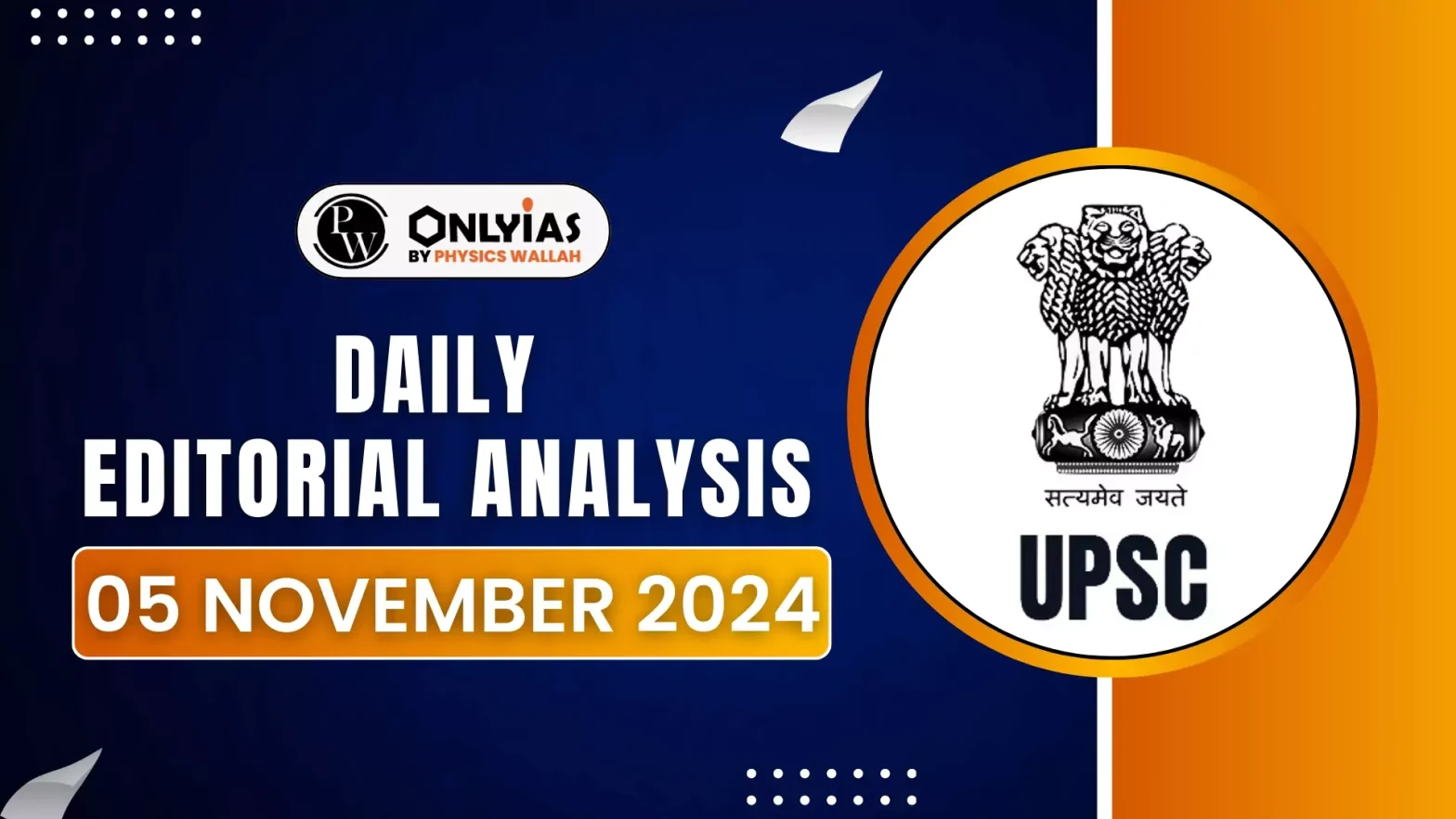The issue of toxic workplace culture in India’s corporate sector has gained attention after the tragic death of Anna Sebastian, a young chartered accountant, allegedly due to work-related stress.
More on the News
- Her mother’s poignant statement that “our children are still working like slaves” highlights the severe pressures faced by Indian employees.
- The inquiry report from the Ministry of Labour, which was promised within 10 days, is still awaited.
- The corporate world has largely chosen to remain silent on the tragedy. What corporate leader would dare to point fingers at others when conditions in their own firm are not much different?
Enroll now for UPSC Online Course
Issue of workplace culture in India’s corporate world
- Long Hours and Burnout: Employees in India’s corporate sector often work extended hours, driven by understaffing and cost-saving measures. This leads to compromised health and well-being.
- Lack of Recognition and Respect: Indian employees often feel undervalued and unappreciated for the extra hours they put in. Without adequate acknowledgment or fair treatment, workplace morale suffers.
|
Comparison with Western Work Cultures
|
- European Work Standards: European countries, like France, emphasize work-life balance, with a 35-40 hour work week. Employees are protected by labor laws that prevent excessive working hours and foster a healthier workplace culture.
- American Work Standards: While American corporate culture also demands long hours, the standard of living and working conditions are much higher, including in terms of housing, health, and leisure.
|
- Incompatibility with Imported Models: Adopting an American corporate culture in India’s distinct socio-economic context is unrealistic.
- Differences in Per Capita Incomes: With a per capita income of $85,000, U.S. employees enjoy higher living standards and better access to amenities.
- In contrast, India’s per capita income is $2,700, making long hours more burdensome for workers.
- Lack of Infrastructure and Resources: Indian employees contend with long commutes, limited resources, high education costs for children, and caregiving for elderly family members, increasing workplace stress.
- Absence of Protective Mechanisms: Unlike in the U.S. and Europe, where employees can sue for abusive behavior and mental stress, Indian workers lack legal recourse for workplace grievances.
- Profit-Driven Workload: Indian corporations prioritize profits over employee well-being, reducing staff while slightly raising wages to push remaining employees to take on additional work. This focus leads to increased stress and dissatisfaction.
- Corporate Jargon Justifying Exploitation: Terms like “organizational stretch” and “performance culture” mask the intense workloads imposed on employees, benefiting top management through stock options while compromising worker welfare.
- Flawed Performance Evaluation Systems:
- Bell Curve and Ruthless Evaluation: Performance assessments often use a bell curve, fostering competition where only a few are labeled high performers, leading to the dismissal of many employees as “underperformers.”
- “Weeding Out Dead Wood”: This approach reflects a disregard for employees, as management prioritizes eliminating perceived underachievers, creating resentment and toxicity, especially with skewed variable pay favoring senior management.
- Superficial Workshops: Many companies offer “stress management” workshops for positive public image but fail to address the root causes of burnout, lacking meaningful systemic change.
- Unprofessional and Abusive Behavior: Management often resorts to unprofessional or abusive language, contributing to a hostile work environment.
|
Anecdote of Accountability Abroad:
|
- In the U.K., Prime Minister Rishi Sunak’s deputy, Dominic Raab, faced bullying charges from officials he had previously worked with.
- Although an inquiry found his behavior “aggressive” and “intimidating” (but not “abusive”), Raab was still forced to resign.
- This example highlights a stark contrast with India, where similar behavior often goes unchecked and unpunished in the corporate sector.
|
Check Out UPSC CSE Books From PW Store
Comparison with the Public Sector
- Job Security: Public sector employees enjoy greater job security, leading to reduced stress and a more positive work atmosphere.
- Checks on Management: Unions protect employee rights and hold management accountable, providing a voice for workers.
- Equitable Compensation: Pay disparities are less pronounced in the public sector, fostering a sense of fairness among employees.
- Supportive Atmosphere: Despite long hours for middle and senior officers, complaints about toxic culture are rare, indicating a healthier work-life balance.
What Needs to Be Done
- Establishing Balance: Protect employees from arbitrary dismissal while encouraging productivity and service quality.
- Corporate Commitment to Work-Life Balance: Corporates should implement a code of conduct for management, launch programs promoting work-life balance, and facilitate town hall meetings for employee feedback and open communication.
- Board Engagement: Boards must proactively monitor company culture, allocate necessary resources, and initiate corrective actions.
- Regulatory Measures: Regulation is essential to address excesses in India’s corporate culture. It can hold boards accountable for workplace culture, fostering greater engagement with employees and a deeper understanding of their experiences.
Conclusion
The tragic incident surrounding Anna Sebastian’s death should serve as a wake-up call for India’s corporate culture. This incident can catalyze a defining moment for improving workplace culture in India, emphasizing the need for meaningful reforms and greater accountability within organizations.
![]() 5 Nov 2024
5 Nov 2024
